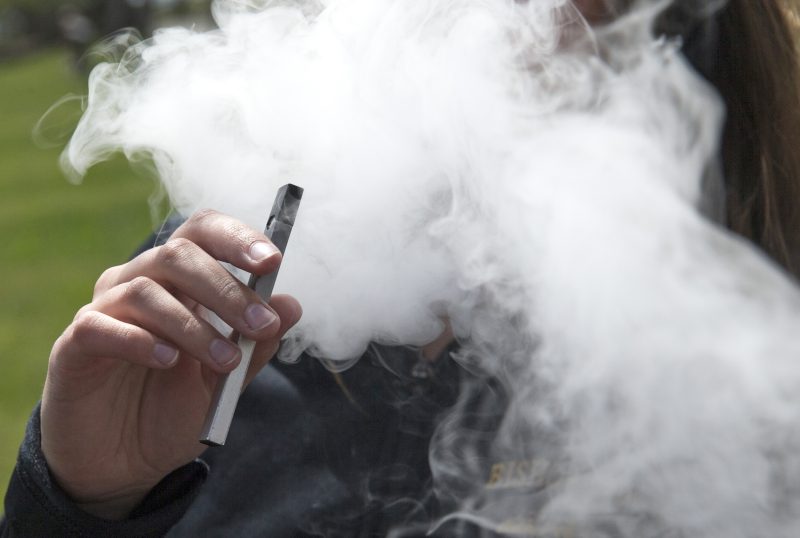The Supreme Court has declined to hear a case challenging the Food and Drug Administration’s (FDA) authority to reject flavored e-cigarettes. The case brought by the Vapor Technology Association was an attempt to overturn the FDA’s rule, issued in August, that would have prohibited the sale of flavored e-cigarette products in the United States.
Though the Supreme Court declined to hear this case, the effort to challenge the FDA’s power is not yet over. Federal appeals courts across the nation have recently issued rulings that contest the FDA’s authority in this matter. These rulings have prompted the FDA to reconsider its rule on the issue.
The FDA is empowered by Congress to regulate the safety and effectiveness of tobacco products, and this power allows the agency to regulate flavored e-cigarettes. The FDA has been increasingly turning its attention to the sale and marketing of e-cigarette products, including flavored, disposable, and refillable products. The agency has had some success in curbing the sales of some flavors, such as certain candy and fruit-flavored liquids.
However, the Vapor Technology Association, a trade group that represents manufacturers and sellers of e-cigarettes, took the argument to the Supreme Court that the FDA has been overstepping its authority by attempting to ban flavored e-cigarettes. The organization argued that the flavors should be allowed to remain on the market and subject to FDA oversight, but that the FDA lacks authority to ban them outright.
The Supreme Court declined to reverse the FDA’s policy, citing that it lacked the jurisdiction to do so. The matter is now being litigated in numerous appeals courts.
The outcome of these appeals will determine whether the FDA will be able to move forward with its rule that would require flavored e-cigarettes to meet certain standards before being sold in the United States. The implications of this rule are potentially far-reaching, with some experts arguing that it could significantly reduce the number of e-cigarette users in the US.
Ultimately, the Supreme Court’s decision not to take up this case speaks to the complex nature of the issue and the continued battle between the FDA authority and the industry. The future of flavored e-cigarette sales in the US remains uncertain, but one thing is for sure: all parties involved will be watching the outcomes of the appeals court decisions closely.

